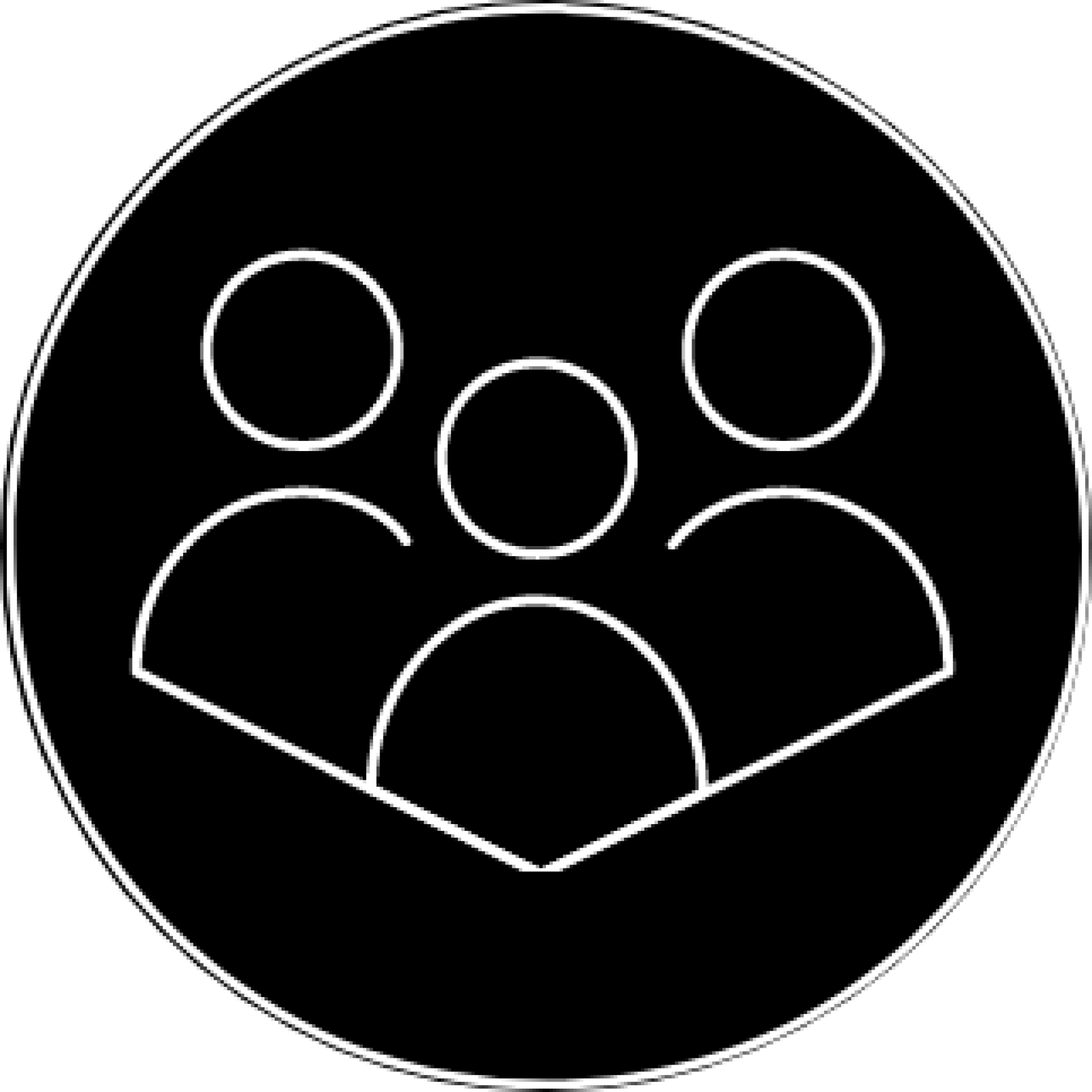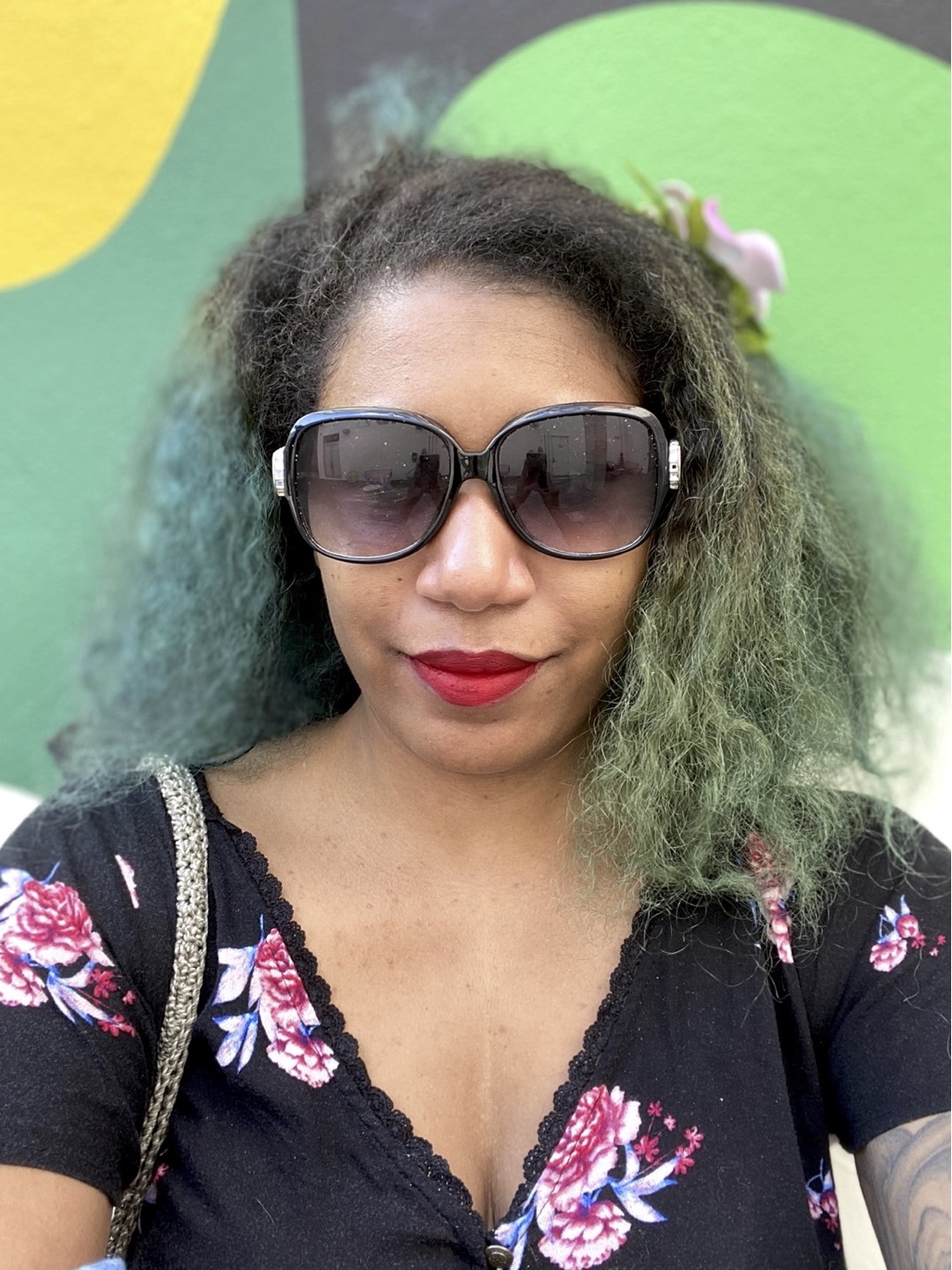Uncertainty and concerns prevail about whether the conviction will lead to long-term, systemic change.
By Allie Micka, Tina Nguyen and Yoko Vue
Turner Ryan’s phone died just before the jury returned its verdict in the Derek Chauvin murder trial on Tuesday, so he sought the news from a fellow student who was also keenly following the outcome.
Ryan, who is Black, feared a verdict of “not guilty” would lead to violent outbreaks. The fellow student was in the National Guard, checking to see if he would be deployed in that event.
Both were surprised when Chauvin was convicted on all three charges of second-degree murder, third-degree murder and second-degree manslaughter, Ryan said.
“I was happy about it,” Ryan, a fourth-year aerospace engineering and mechanics student, said. “I honestly expected maybe a conviction of one charge and then just kind of a slap on the wrist. Maybe him serving one year getting off with good behavior because he’s a police officer because that’s typically what I’ve seen happen with other cases.”
Black students at the University of Minnesota described a range of emotions following the Chauvin verdict this week. Many were surprised, and several said they felt a mixture of relief, optimism, fatigue and sadness as they reflected on the historic verdict and the past year’s trauma.
For all, uncertainty and concern prevailed about whether the conviction will lead to long-term, systemic change. Their reactions defied grand summaries about what this all means for them, their lives or the future.
“I’ll say this: It’s been a very long few past weeks,” said Jordan Dotson, a first-year majoring in sociology of law, criminology and deviance who spent time protesting and providing aid to activists during the trial. Two days after the verdict, Dotson said she was feeling better but was still somewhat in shock and unsettled about the verdict’s impact.
“We have so much more to do with this,” she said. “So I think I am relieved about the direction. I just still kind of like, a little on edge about this to save the rest of the world.”
On edge seemed where many Black students were as the initial celebrations waned following Tuesday’s news.
“Should I be just grateful or should I be still annoyed?” asked Zyon Edwards, a fourth-year journalism student. “Should I still be radically upset? ”
The verdict came at a cost. During the trial, traumatizing footage of Floyd’s death was circulated and replayed. Chauvin’s defense team brought into question Floyd’s character and health condition, while arguing Chauvin had acted as a “reasonable police officer” while kneeling on the victim’s neck for over nine minutes.
“There’s sadness because George Floyd isn’t here,” said AlyssaRose Jordan, a fourth-year multidisciplinary studies student. “And basically his entire life, his being was dissected and it’s almost like he was put on trial too, to get this guilty verdict. And I think of the trauma it caused his family, and it’s traumatic as a Black person.”
Jordan said she meditated while the verdict was read to reduce the stress it might provoke. She now feels relieved and sees the murder conviction as a small but important step toward police accountability.
“There is this relief. And I hope it does change things. And I hope it sets a precedent that you can’t kill people. You can’t do that,” Jordan said.
At the same time, she said, the specter of another police shooting is always present. Even before the trial, 20-year-old Daunte Wright was fatally shot by a Brooklyn Center police officer who said she mistook her handgun for a Taser. The day of the verdict, 16-year-old Ma’Khia Bryant was killed by an officer in Columbus, Ohio, during a domestic disturbance.
“There’s always this fear that something’s still going to happen,” Jordan said. “So it’s like, this isn’t going to stop. Everything is not OK. Let’s continue fighting. Continue speaking up. Continue to learn and to grow, and to not let this ever happen again. That’s the thing. The fear of normalcy.”
Edwards, the journalism student, said she remains skeptical this means change for the myriad injustices that do not have the spotlight of Floyd’s killing, which inspired protests across the globe. “It’s a bit different when everybody’s watching versus when they’re kind of sweeping it under the rug,” Edwards said. “So I figured that he [Chauvin] was going to be found guilty.”
Edwards has no illusions about the limitations of this verdict to redress Floyd’s murder or to address widespread racism in the criminal justice system. Thinking about that leaves Edwards “on the edge,” she said.
“I mean, I don’t really think [the verdict’s] going to amount to anything,” she said. “I’m happy that he was found guilty. But the reality of [Chauvin] getting what I feel he deserves? It’s impossible. He can’t get life with the maximum collection of sentences that has been posted against him. So that’s not gonna happen period. And then the likelihood of him getting the maximum of all three sentences is extremely slim….I don’t want to be bitter because OK, it’s kind of positive, but I don’t feel OK being positive either.”
To keep change moving forward, Edwards said, it will take more than just action from Black people. White people need to carry the burden with BIPOC guidance, she said, but also with their own reflection on their part in the dynamic and with the will to change. “The fact is, the people of color aren’t the ones that need to do the changing,” she said.
Aerospace engineering student Ryan said he understands such challenges from his own biracial family dynamic. Following the verdict, he said, white family members texted him to be careful and not get “roped into anything dangerous,” he said.
“They think things are going to go bad either way, and like, I [was] honestly shocked and surprised just because it seems like they’re still missing the point,” he said.
For now, though, Ryan and other students say that the verdict’s passing has also left them with at least enough peace to finish out the spring semester. Jordan said she will take the summer to heal and to see her family and friends. Ryan said he just plans to spend the next two weeks doing homework without thinking about other matters.
“I feel relieved. Not really much else,” he said. “Kind of anxious for what the next trials will hold, but we’ll just have to wait and see.”

